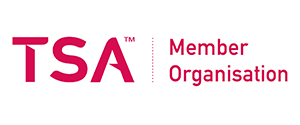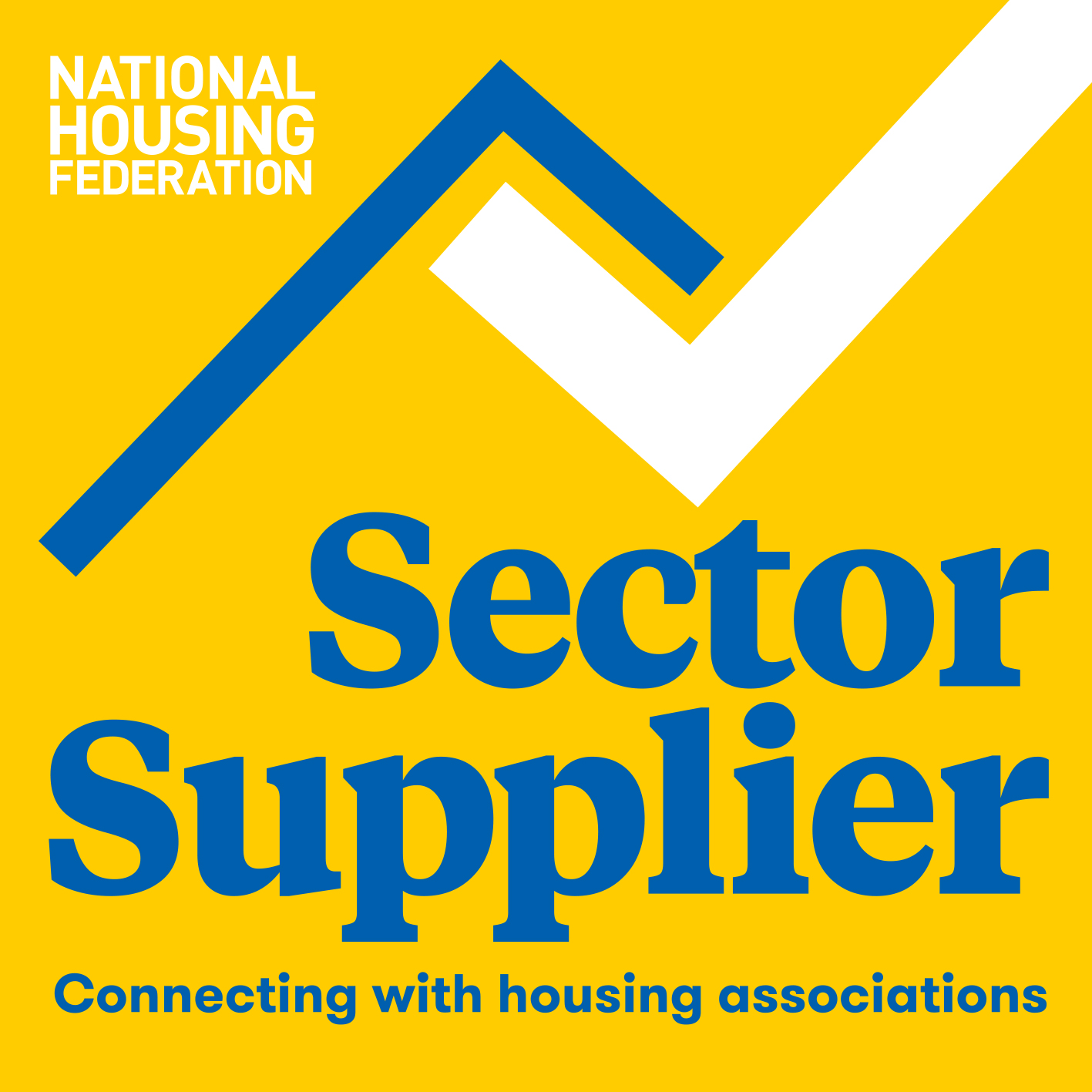News from Alertacall plus articles and insights on how to enhance outcomes for people with higher needs in the housing, health and social care sectors.
Putting food on the table and having a safe warm home are basic life necessities. However, this winter, so many people will struggle to do just that.
The health and safety implications for social housing providers, as a result of the energy crisis, are huge. This blog explains what landlords can do quickly, easily, and affordably to proactively identify those most at risk.
We all know the cost of living has dominated the headlines, with the price of food, fuel and energy all rising. The Government recently made a massive intervention to put a price cap on energy bills.
Except they haven’t!
The cap applies to a price per unit, and the much touted £2,500 cap on bills is not a cap – it is just the average. Half of bills will be higher than this. Furthermore, what seems to have been missed in all the talk of caps is that the cost of energy from October still represents a huge increase of over 25%, and that comes after the 50% increase that took place in the spring. In other words, energy costs will be almost double that of only one year ago. A bill of £1000 in 2021, will now be around £1900.
According to market research firm Savanta ComRes, almost one quarter of adults (23%) say they will try to do without heating this winter, with the remainder saying they plan to use less (70%). For older people, where the risk of illness due to poorly heated homes is greater, the implications are potentially far more serious.
Over half (54 per cent) of those surveyed said they’ll have to heat their home less[iii], and a quarter (24 per cent) said they’ll have to choose between heating their home and the food they buy, if their energy bills increase substantially. In total, two-fifths (43 per cent) said they would have to cut back, go into debt or simply will not be able to afford to pay their bill.[iv]
In housing accommodation where there are teams on the ground and regular human contact and care provided, it may be easier to identify and support those who are at risk and help. However, older people living in general needs accommodation, who are likely to have been living independently without housing support or care requirements, are now at a much higher risk of becoming unwell as a direct result of unaffordable energy bills and inflation.
With estimations suggesting there are currently five times the number of over 65’s living in general needs accommodation than there are in supported housing, it’s important that we recognise the risk to this group of people and act.
Older people choosing not to put on their heating so that they can afford to buy food or pay other bills will result in colder, damper homes. Jo Bibby, Director of Health at the Health Foundation said in August of this year:
“Cold, damp homes make people ill. When people are having to make a choice between heating and eating, their health is going to suffer. Many will face the stress of managing debt and, in the long run, the price will be paid in poorer health, more pressure on the NHS, and fewer people in work”
And it is not just physical health that will be affected. Mental health charity Mind has recorded a 30% increase in calls about financial concerns compared with one year ago.
How can Alertacall help?
Providing households with simple to use ‘plug and play’ devices that require no hard wiring, are quick to install and low-cost, are a great way to connect with and identify those who may be at risk. The Alertacall service enables housing providers to provide regular updates on the help and assistance available to them, and gives residents a simple way to confirm everything is OK at their property. Furthermore, cost efficient, and easy to use environmental sensors can identify those homes not being adequately heated or that are experiencing increasing levels of damp and humidity.
Alertacall’s environmental sensors and OKEachDay service both work 7-days-a-week, 365 days a year. Confirmation that everything is OK at a property is achieved by pressing an OK button. Where contact cannot be established, a friendly and specially trained OKEachDay team member will call the occupant. If contact is unable to be made, the team will escalate by notifying friends, family, or housing teams.
The sensors track temperature and humidity, identifying properties that are too hot, too cold, too humid, or too dry. The data is stored using a secure cloud-based technology and is easily accessible. The device itself is discreet and can be placed on a shelf, requiring no wiring or Wi-Fi connection.
With contact available 365 days a year for less than £5 a week there really is no need for residents to suffer in silence, and for landlords to demonstrate they genuinely care about the health and safety of residents.
If you would like to talk about helping your residents in this way this winter, please get in touch at contact@alertacall.com








